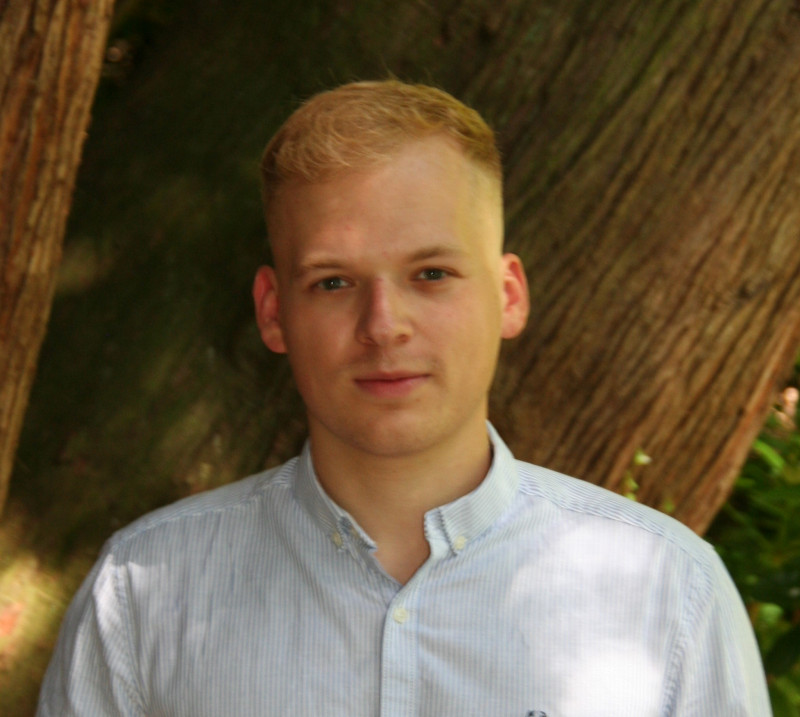Person Details

Elis Jones a philosopher and sociologist focused on scientific practice and values in marine contexts. He is interested in using qualitative and conceptual methods to understand how values (in a broad sense) shape scientific activity, including the influence of personal, social and scientific ideals, but also the value attributed to specific entities, particularly living ones. His BA dissertation, a part of his degree in Politics, Philosophy and Economics, offered a non-anthropocentric definition of environmental damage (i.e. a way to define environmental damage which does not require the existence of humans). His MRes in Science and Technology Studies focused on human bioengineering of corals. His PhD, based at Exeter University’s Egenis Centre, focused on the value attributed to coral reefs by scientists. This work was empirical and conceptual: he interviewed coral scientists and qualitatively analysed interview data alongside scientific literature. The result was a thesis looking at key issues in coral science related to reef value: how ecological baselines (depictions of ‘normal’ or ‘healthy’ reefs) are produced; how intrinsic, instrumental and non-human forms of value interact and are incorporated into scientific activities; and how coral science itself is increasingly evaluated according to the socio-ecological conditions it produces and perpetuates. After finishing his PhD he undertook at short project embedded in a marine biogeochemistry lab (the Betrand Lab at Dalhousie University in Canada), where he explored the concepts underlying the rapidly developing field of marine biogeochemistry, which involves the study of microbes and how they move chemical elements around in the ocean. His postdoctoral work focuses on the ecological, scientific and economic value of marine ecosystems.
His work is interdisciplinary and engaged, borrowing from philosophy, sociology, science and technology studies (STS), economics, ecology, and biogeochemistry. He has worked closely with scientists and engaged with the public, by organising, attending and speaking at events with marine and social scientists, philosophers, arts and humanities scholars, the general public, and school children. More recently, he has co-organised an international workshop, research network, podcast (titled ‘Values at Sea’), and an edited journal volume to foster closer dialogues between STS, philosophy, and marine science.

